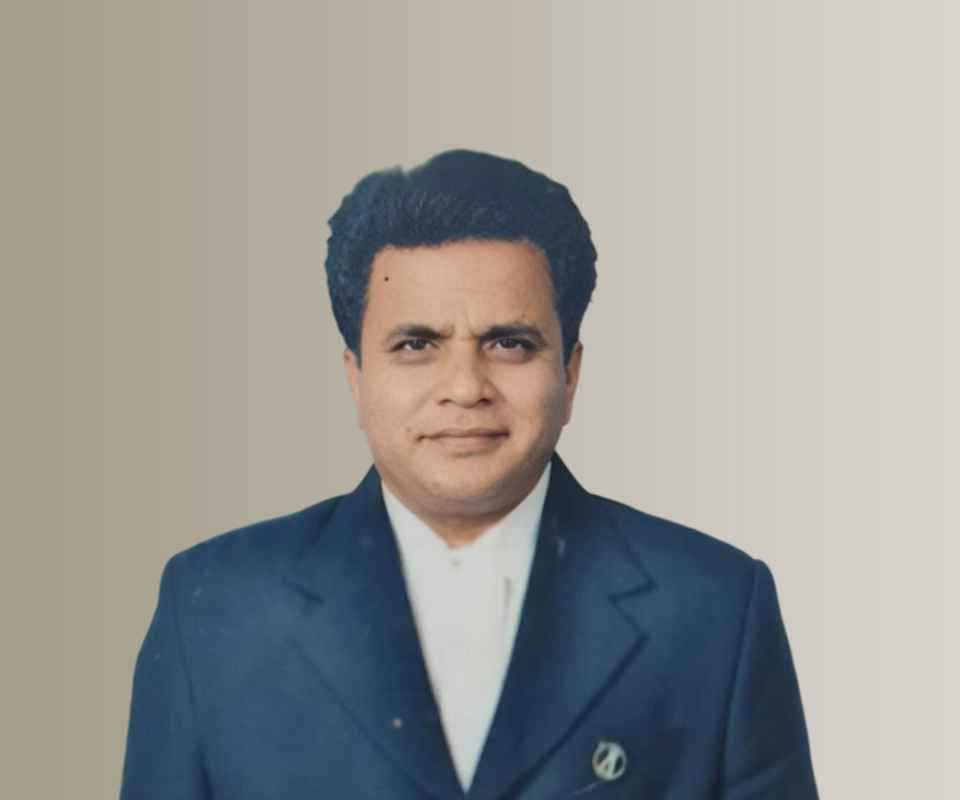Answer By law4u team
While veteran benefits are generally offered by the country where the veteran served, many nations have created international agreements or bilateral treaties that allow veterans to access benefits across borders. These arrangements are often made to provide support to veterans who have served in international conflicts or who have resettled in a country different from where they originally served.
International Veteran Benefits Available:
International Agreements and Bilateral Treaties
Countries that are part of major global alliances (such as NATO) often have agreements allowing veterans to access benefits in any member country. For example, the European Union (EU) has provisions that allow veterans living in EU member states to access certain healthcare and social services from other EU countries.
United States – U.S. Veterans Abroad
The U.S. Department of Veterans Affairs (VA) offers certain benefits to U.S. veterans living abroad, including disability compensation, pensions, and healthcare. Veterans can receive benefits in other countries, particularly if they are living in nations with established VA healthcare facilities or agreements, such as in the Philippines or Germany.
Canada – Veterans Affairs Canada (VAC)
Canada’s Veterans Affairs Canada provides benefits to Canadian veterans living outside the country. Canadian veterans may be eligible for the Canadian Forces pension and healthcare services in countries where agreements with Canada exist, particularly for veterans of peacekeeping missions.
United Kingdom – British Veterans Abroad
Veterans from the United Kingdom who served in the British armed forces may be eligible for pensions and healthcare benefits under the Veterans UK program. The UK provides some support to British veterans abroad, with the possibility of claiming benefits in countries that have specific agreements with the UK.
Healthcare and Treatment Abroad
Many countries offer healthcare treatment for veterans living abroad through agreements with the host nation. For example, the U.S. and some European countries have established healthcare provisions where veterans can receive medical treatment at specific military hospitals or veteran clinics. Similarly, Canada and Australia have provisions for veterans residing in foreign countries to access medical care.
United Nations (UN) and Peacekeeping Veterans
Veterans who served under the United Nations banner, particularly in peacekeeping missions, may also be eligible for certain benefits depending on their home country’s participation in these international peacekeeping efforts. The UN doesn’t directly provide pensions or benefits but works through national systems to support its personnel.
Pension Portability
Some countries, like Australia and Canada, allow veterans’ pensions to be portable. This means veterans can receive their pension even if they have moved to a country that doesn't have a specific veterans' program. However, the amount and eligibility criteria may vary.
How Veterans Can Access International Benefits:
Researching Country-Specific Policies
Veterans living abroad should start by researching the veterans’ benefits offered by both their home country and the country they reside in. Many countries have a veterans affairs office or embassy representatives that can assist in determining eligibility and providing guidance on how to claim benefits.
Using International Treaties or Agreements
Veterans may need to apply through specific government agencies that manage international treaties or agreements. For example, if a veteran is living in a country with a U.S.-Canada healthcare agreement, they may apply for benefits through the Canadian Veterans Affairs office or the U.S. VA.
Contacting Veterans Advocacy Groups
Several international advocacy groups assist veterans in navigating benefits outside their home country. These groups can provide advice and connect veterans with resources in countries where they may be eligible for additional support.
Health Care for Veterans Living Abroad
Veterans who are living abroad should check if their country has a veterans health care network or agreements that allow them to access care in a foreign country. This often requires coordination between the veteran’s home country’s veterans’ office and the foreign government.
Example:
A U.S. veteran who served in World War II but is now living in Spain can access certain benefits from the Department of Veterans Affairs (VA). The veteran is eligible for disability compensation for injuries sustained during the war and can also receive healthcare services at the VA hospital in Madrid. If the veteran needs more specialized care, they can access treatment in nearby countries that have agreements with the U.S. VA system.







